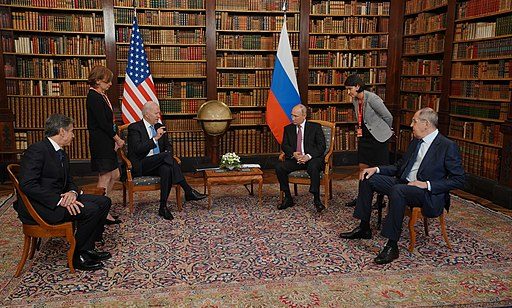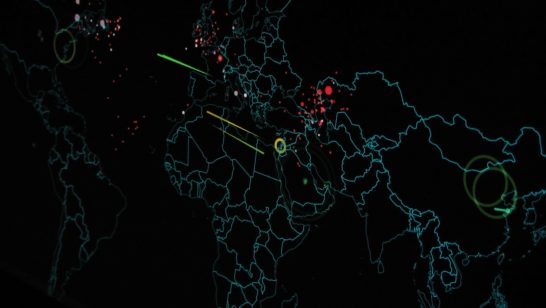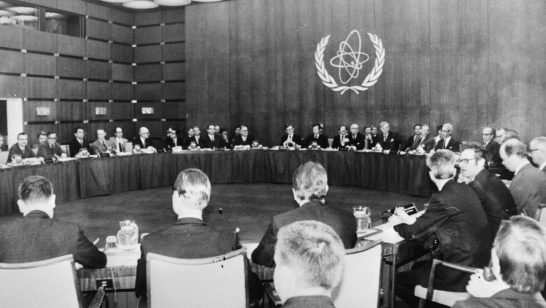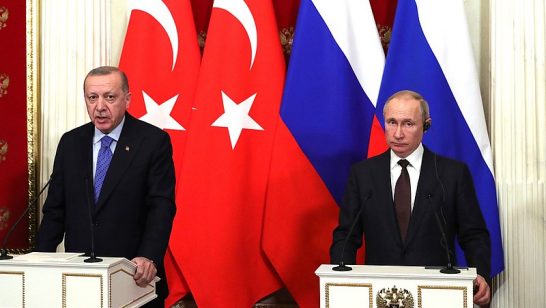
The one-person monopoly of nuclear launches
In the past, concerns about a nuclear attack were mainly in regard to the leaders of rogue states acquiring nuclear weapons. The war in Ukraine has shifted this threat to the leader of a superpower waging a war with thousands of known nuclear weapons on hair-trigger alert. Tarja Cronberg explores the ways in which control over nuclear weapons can be taken out of the hands of world leaders, and how to mitigate the risk of a nuclear war triggered by the human error of powerful individuals.







